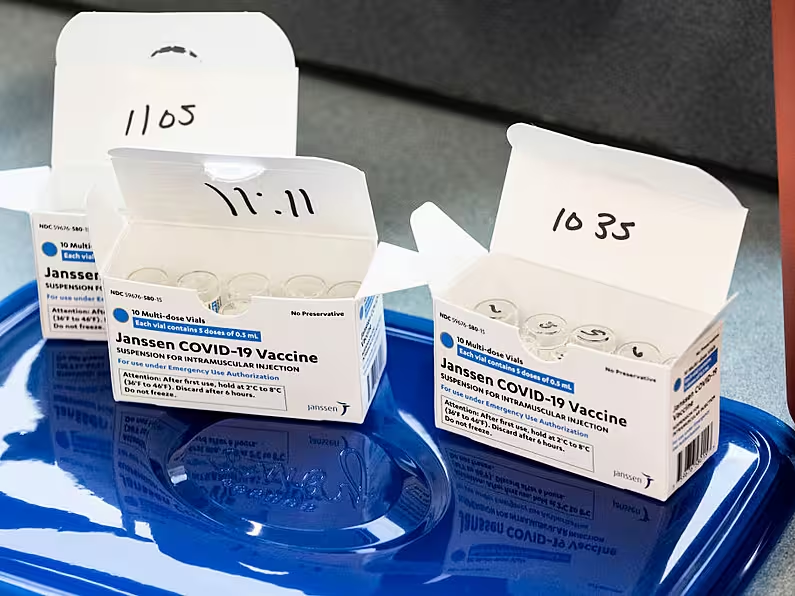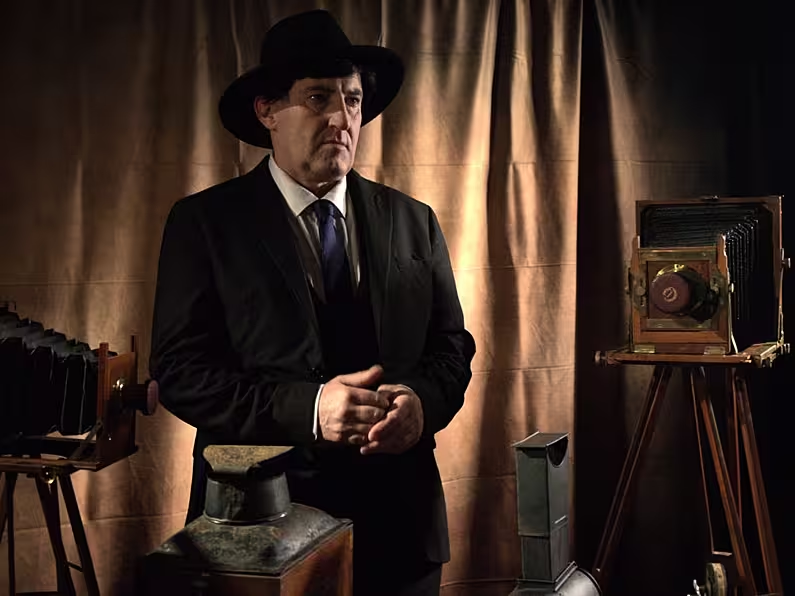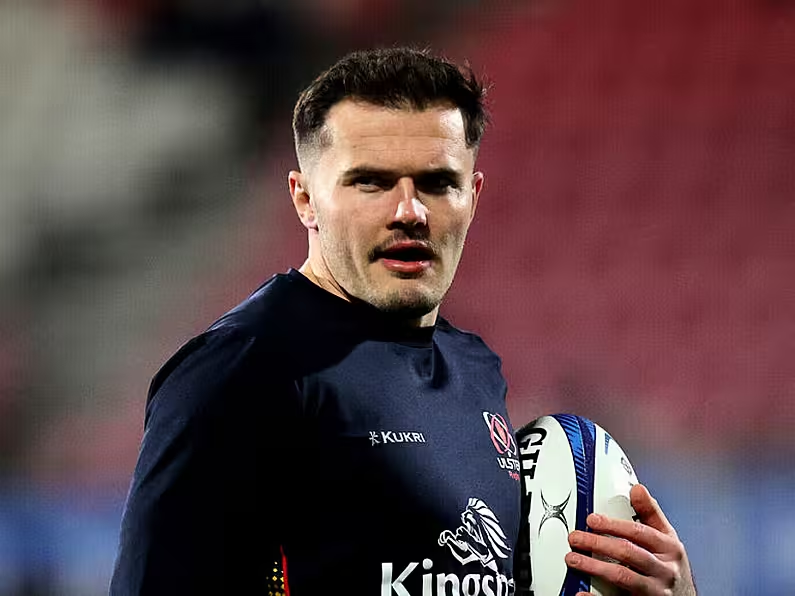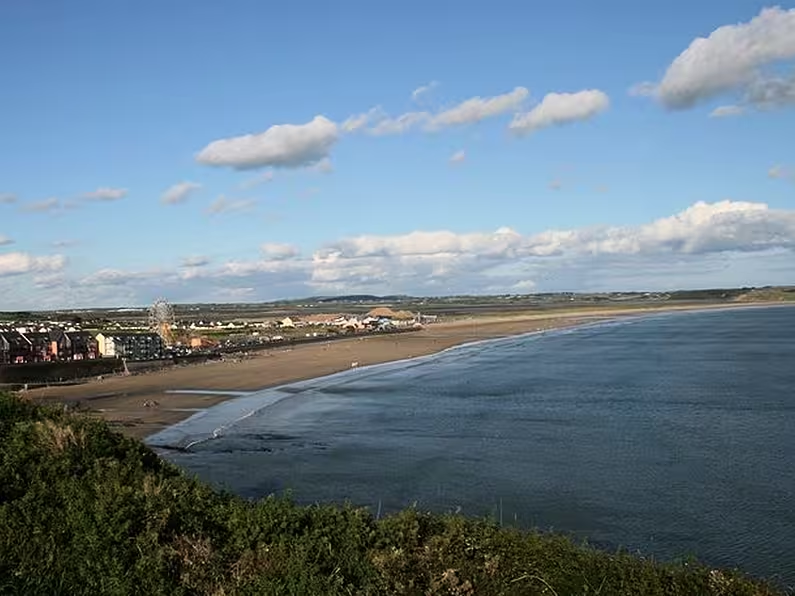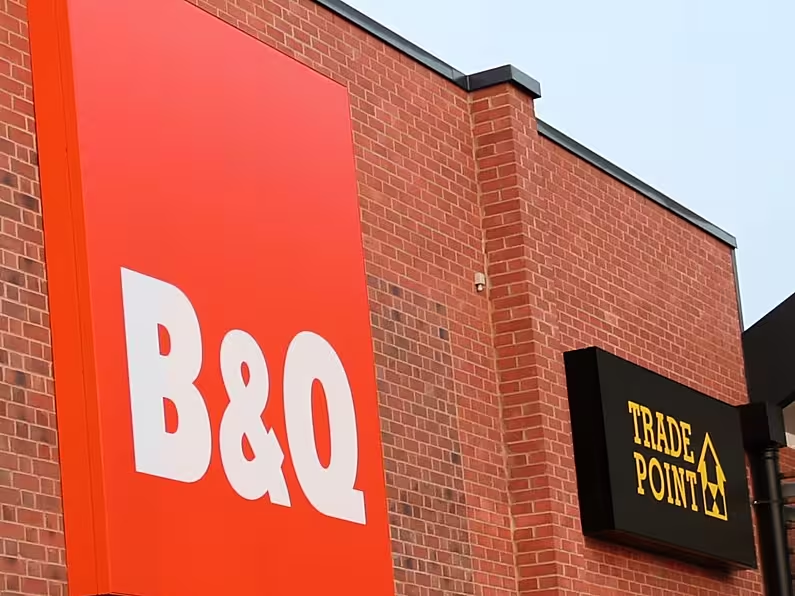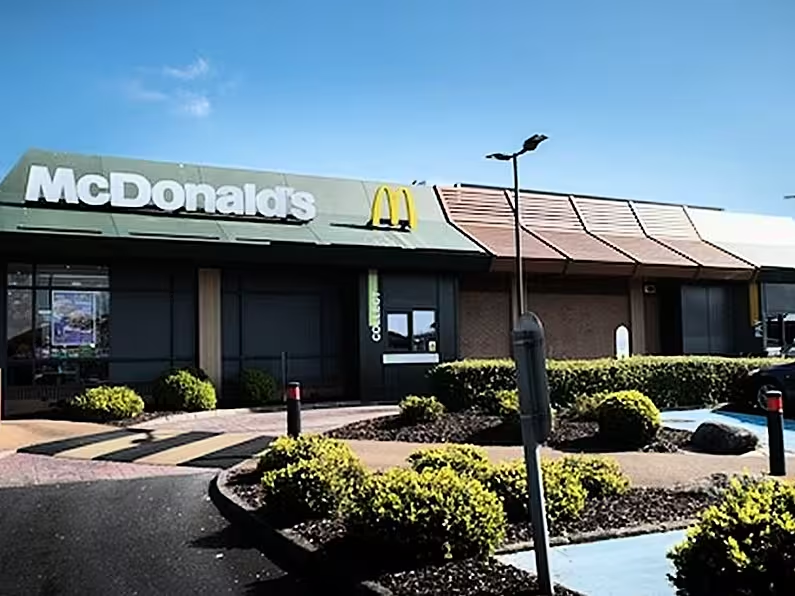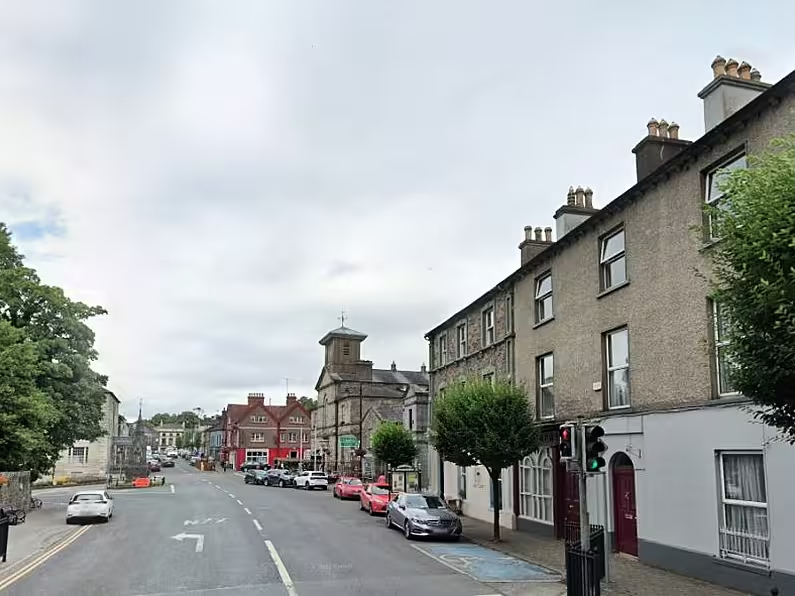The Johnson & Johnson Covid-19 vaccine has been administered to the public for the first time in Ireland.
Homeless people in Dublin are the first to receive the one-shot jab, at a temporary vaccination clinic set up by the HSE in Dublin city centre and hosted by the Salvation Army.
The clinic will provide vaccination for 700 medically vulnerable people living in homeless services over the next two weeks.
The one-shot gives us a big advantage in ensuring they get their full vaccination
Dr Austin O’Carroll, HSE clinical lead for the Covid homeless response in Dublin, said the single-shot vaccine is hugely beneficial for vulnerable groups.
“It’s got very good immunity against the disease but it’s actually got almost 100 per cent immunity against serious disease and death,” he told Newtalk radio.
“A big advantage with homeless people because they’re very hard to identify due to being mobile, so the one-shot gives us a big advantage in ensuring they get their full vaccination.”
“Homeless people in general tend to be very sick, they have very severe illnesses,” he added.
“They reckon that the level of disease they have is equivalent to a person who is ten years older, so we are identifying those who are most vulnerable due to illness and bringing them in, vaccinating them, so that they will remain safe from Covid.”
The National Immunisation Advisory Committee (Niac) has advised that people who are homeless can be vaccinated in parallel with the general population. Niac has advised that the J&J vaccine is appropriate for those under 50 in vulnerable groups, where repeat attendance for another dose may be problematic.
Two thirds of people in emergency accommodation in Dublin have been homeless for more than six months, according to the latest figures.
The Homeless Performance Report for quarter one shows that 66 per cent of the over 3,900 adults in Dublin's emergency accommodation have been homeless long-term. At the end of March, there were 681 families living in emergency accommodation in the capital, including more than 1,600 children.
Today, they will begin to return to social activities
Minister of State for Public Health and the National Drugs Strategy, Frank Feighan, visited the vaccination centre carrying out J&J vaccinations on Thursday.
“This is a landmark day in the Covid-19 vaccination programme as the HSE commences the inoculation of medically vulnerable people in homeless services," he said.
“Vaccination of this group demonstrates the value the Government places on equity and inclusion in the public health service.
“I want to congratulate the individuals attending the clinic, who have had to endure personal sacrifices to remain safe during Covid-19. Today, they will begin to return to social activities."
Minister Feighan thanked the frontline workers of the Dublin Covid-19 Homeless Response Team, the HSE, the Dublin Regional Homeless Executive and voluntary service providers who worked throughout the pandemic with the group.
Rollout impact
The Government is meanwhile continuing to consider a new plan to offer the AstraZeneca and Johnson & Johnson vaccines to those under the age of 50.
The effects of the State’s vaccine rollout are clear according to one Monaghan GP, as the average age of those diagnosed with Covid-19 gets younger.
Dr Illona Duffy told Newstalk radio: “We are seeing that the average age is down to 30, which again is showing that the vaccination programme is working.
“It is helping protect those who are most at risk, which are the older members of our community, and hopefully also those who have high risk because of their medical diseases – so that’s good news.”
The number of Covid-19 patients in public hospitals hit its lowest level in over seven months last night, with 122 people hospitalised.
It represented the lowest figure since October 2nd, 2020, and a 54 per cent drop on the same day last month, when the number stood at 263.
However, the five-day moving average of new cases has risen slightly, now standing at 445.
Dr Shane McKeogh of GP Buddy, which tracks Covid calls to surgeries around the country, said they remain busy.
“There is a low but persistent level of Covid-like symptoms in the community, presented to GPs around the country. Numbers have come right down, but they hold at a persistent low level.”
It comes as nationwide travel restrictions are set to ease next Monday, while all retail outlets will fully reopen seven days later.



